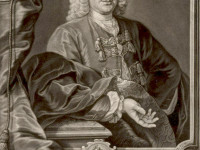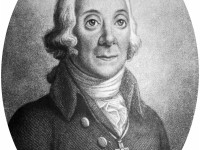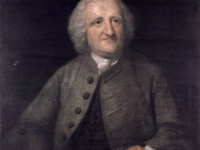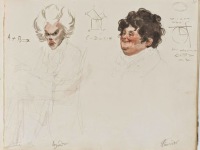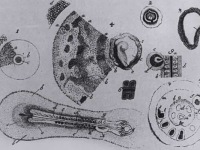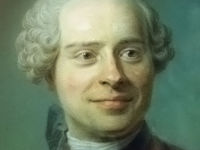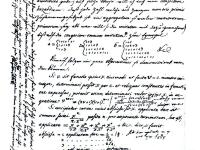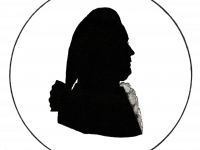Daniel Bernoulli and the Bernoulli Principle
On February 8, 1700, (January 29, according to the then valid Julian calendar), Swiss mathematician and physicist Daniel Bernoulli was born. Being one of the many prominent mathematicians in the Bernoulli family, Daniel Bernoulli is particularly remembered for his applications of mathematics to mechanics, especially fluid mechanics, and for his pioneering work in probability and statistics. His name is commemorated in the Bernoulli principle, a particular example of the conservation of energy,…
Read more

